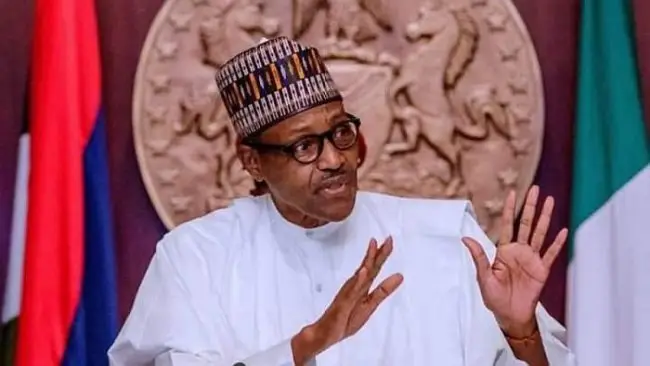By Yinka Kolawole
The Lagos Chamber of Commerce and Industry, LCCI, has stated that removal of fuel subsidy will save the Nigerian economy over N3 trillion annually, adding that it’s one of the best economic decisions to curb the nation’s unsustainable debts.
President of LCCI, Dr. Michael Olawale-Cole, made the assertion in a statement on the state of the economy on Tuesday.
He, however, noted that the expectation is that the government will roll out appropriate cushioning or palliative policies and measures before the subsidy removal.
His words: “Removal of fuel subsidies is, among others, expected to spur investments in domestic refining and petrochemicals, and create a significant value chain for the various stakeholders.
“It will also release over N3 trillion per annum for social spending as well as create domestic high valued jobs rather than subsidising jobs in other countries at the expense of ours.
“Though the planned removal of fuel subsidies may cause further northward movement of inflation in the short term, it is arguably one of the best economic decisions to reduce our unsustainable debts and widespread corruption in that sector.
“We expect the government to roll out appropriate cushioning or palliative policies and measures before the subsidy removal in the second half of the year.
“We, in no way, will appreciate disruption in whatsoever form to the economy in the event of subsidy removal.
“The government must, however, take cognisance of its socio-economic implications especially with unemployment at the unwholesome rate of about 40 percent.”
Olawale-Cole also called on the government to ensure the continuous improvement of electricity supply and to resolve all issues on DISCOs’ profitability, as well as reducing consumption costs and address the problem of poor generation and national grid collapse.
The LCCI President also noted that the cost of logistics has gone up due to the poor state of our roads and the lack of connectivity among farms, factories and markets, while applauding the federal government on the completion of the Second Niger Bridge.
“To reduce the shocks from disruptions to supply chains for raw materials, manufacturers should be assisted with subsidised input and more allocation of forex for importation of critical inputs,” he added.
Source: Vanguard








